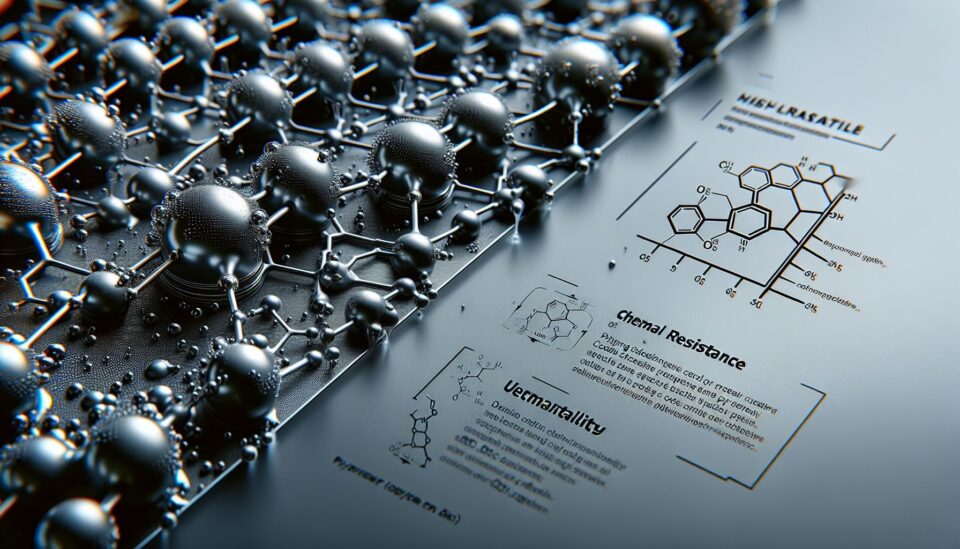Polyurea is a versatile material that has gained significant attention in the field of coatings technology. As researchers in the polyurea industry, it is important to understand the unique properties and applications of polyurea in various industries. In this blog post, we will explore the potential of polyurea and its advantages over other materials such as polyurethane.
Understanding Polyurea
Polyurea is a type of elastomer that is formed by the reaction of an isocyanate component with a resin blend containing amine. This reaction results in the formation of a highly durable and flexible material that is resistant to abrasion, chemicals, and corrosion. Polyurea coatings are commonly used in industries such as construction, automotive, and manufacturing due to their excellent protective qualities.
Advantages of Polyurea
One of the main advantages of polyurea is its fast curing time. Unlike polyurethane, which can take hours or even days to cure, polyurea coatings can cure within minutes, allowing for quick turnaround times in coating applications. This rapid curing time also reduces the downtime required for coating projects, making polyurea an efficient and cost-effective solution.
Another advantage of polyurea is its superior durability and strength. Polyurea coatings are highly resistant to abrasion, impact, and chemicals, making them ideal for applications that require a high level of protection. In addition, polyurea coatings have excellent adhesion to a variety of substrates, including concrete, metal, and plastics, ensuring long-lasting performance in harsh environments.
Furthermore, polyurea coatings offer flexibility and elasticity, allowing them to withstand extreme temperatures and weather conditions without cracking or peeling. This flexibility also makes polyurea coatings suitable for applications that require movement or expansion, such as bridge decks, pipelines, and storage tanks.
Applications of Polyurea
Polyurea coatings have a wide range of applications in various industries. In the construction industry, polyurea is used for waterproofing, flooring, and protective coatings for concrete structures. In the automotive industry, polyurea coatings are used for truck bed liners, undercoatings, and protective coatings for vehicle exteriors. In the manufacturing industry, polyurea is used for corrosion protection, equipment coatings, and tank linings.
Conclusion
Polyurea is a versatile material with many advantages over traditional coatings such as polyurethane. Its fast curing time, durability, and flexibility make it a popular choice for a wide range of applications in industries such as construction, automotive, and manufacturing. As researchers in the polyurea industry, it is important to continue exploring the potential of polyurea and developing new applications for this innovative material. By harnessing the unique properties of polyurea, we can create durable, long-lasting coatings that meet the evolving needs of modern industries.

